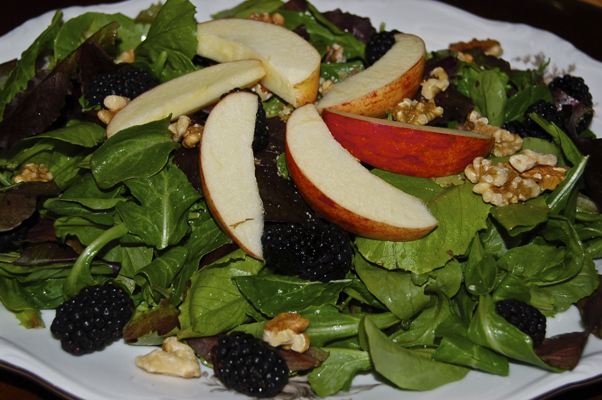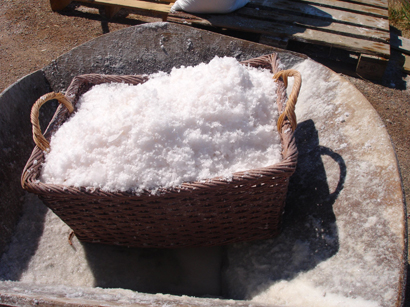SUNDAY PALEO / February 19, 2012
 Sunday, February 19, 2012 at 12:37AM
Sunday, February 19, 2012 at 12:37AM  Altay mountains (Belukha), photo by Vít Hněvkovský, 2006 Pohoří Altaj (hora Bělucha)
Altay mountains (Belukha), photo by Vít Hněvkovský, 2006 Pohoří Altaj (hora Bělucha)
Did Paleo-Americans originate in the Altay Mountains of southern Siberia?
The first people to move into the western hemisphere, and thus become the first Paleo-Americans, were believed to have crossed Beringia, a land bridge then connecting Asia to Alaska. But, where in Asia did they originate?
According to a report in National Geographic News, investigators collecting genetic samples from ethnic groups in the Altay Mountains in southern Siberia found “a unique genetic mutation” that developed 18,000 year ago and “that also occurs in modern-day northern Native Americans.”
Christine Dell'Amore writes:
This time line also fits with other genetic research showing that the first Altay populations began to leave for North America about 15,000 years ago, most likely reaching the continent via the now submerged Beringia land bridge.
Interestingly, the first pet dog, known by fossils from around 33,000 years ago, was also found in the Altay Mountains. So, if you are an artist drawing the arrival of the first Paleo-Americans, time to add a pet dog to the picture.
Did clearing forests for cropland thousands of years ago start the whole “climate change” thing?
The answer, as suggested from a study of the Congo River basin, appears to be yes.
Humans may have been causing climate change for much longer than we’ve been burning fossil fuels. In fact, the agrarian revolution may have started human-induced climate changes long before the industrial revolution began to sully the skies. How? Through the clearing of forests, which still remains the second-largest source of greenhouse gas emissions from human activity. (emphasis added) (Scientific American)
The Bantu farmers of the Congo 3,500 years ago may have cleared forests for two reasons:
- provide cropland for “oil palm, pearl millet and yams”
- provide charcoal for smelting iron used to make tools and weapons
While some are skeptical and find it hard to “imagine that early Bantu farmers with their simple tools and small population were more effective on the destruction of the rainforest than modern farming in Central Africa,” others suspect that early Bantu famers did contribute to forest degradation. (Nature)
Does greater sun exposure lower the risk of stroke?
At the recent American Stroke Association meeting in New Orleans, investigators presented the preliminary results on incidence of stroke in approximately 16,500 persons followed from 2003 and 2007. At an “average follow-up of five years, 351 of the 16,500 experienced a stroke.” According to HealthDay:
McClure's team stacked stroke incidence numbers up against satellite and ground information concerning geographical monthly sunlight patterns going back as much as 15 years.
The investigators compared those within the bottom half in terms of sun exposure to those in the top half and found those with lower exposure where 1.6 times more likely to have suffered a stroke.
Dr. Larry B. Goldstein, not an investigator in the study, noted:
The findings don't surprise me, but it's important to know that this is a study of association and association doesn't prove causality. The fact that here low sun exposure -- and presumably low sun exposure areas will also have low levels of vitamin D -- has been associated with a higher risk for stroke could potentially be explanatory.

More on the Plantagon Greenhouse
In the February 12, Sunday Paleo, I linked to a news item on a vertical greenhouse, known as the Plantagon Greenhouse, currently under construction in Sweden. The image on the news link did not include a picture of the structure itself. Above is an illustraton of the Plantagon from CleanTechnica. Learn more and view videos here.
Paleo Recipes




